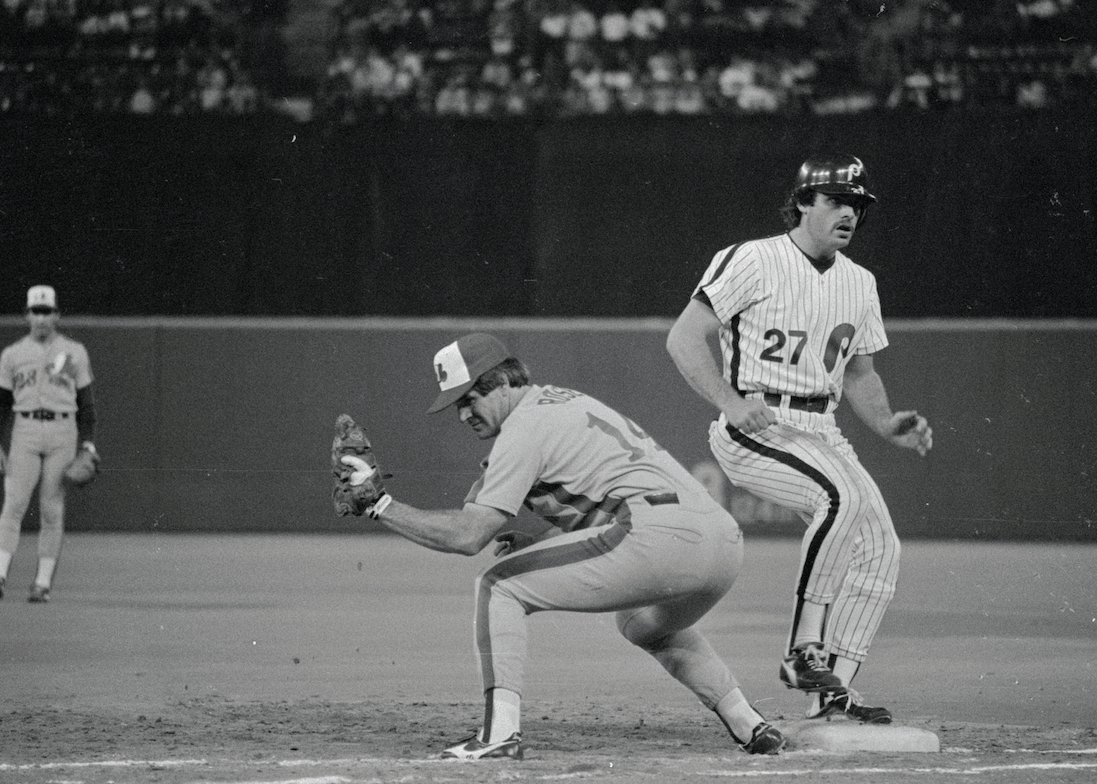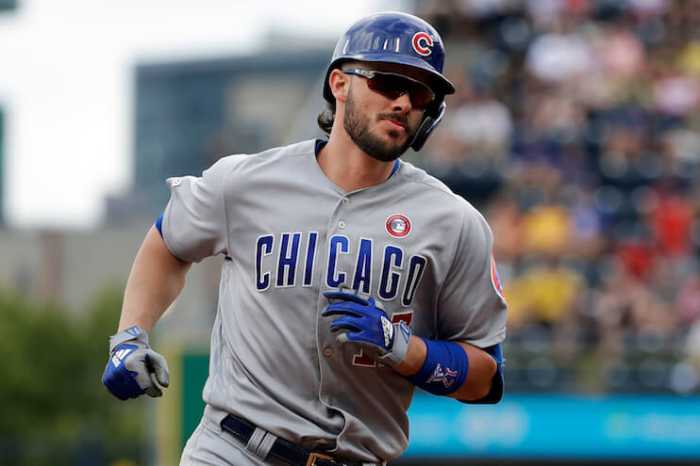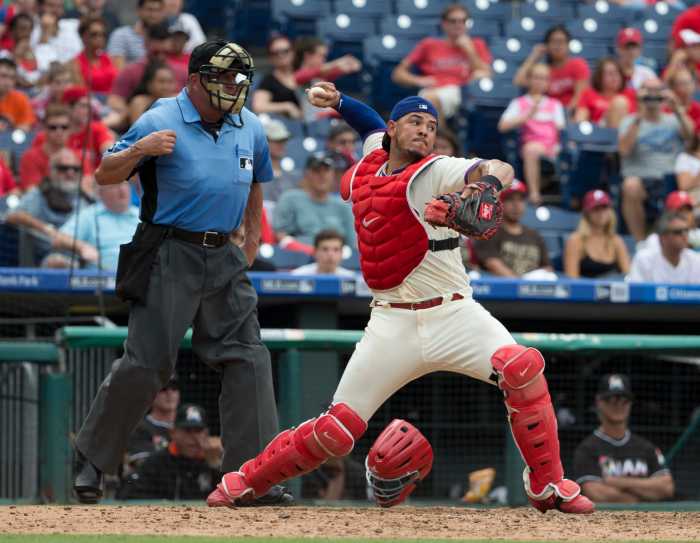Any ballplayer who says he doesn’t track the stats of guys he’s been traded for is lying. Of course he does. No one wants to be remembered as the short end of a deal.
Larry Andersen jokes about being half of an historically one-sided trade — going from Houston to Boston for future Hall of Famer Jeff Bagwell. Hey, L.A. pitched 17 years in the majors. He needn’t apologize for anything.
For Glenn Wilson, however, being the wrong half of a lopsided deal created embarrassment he couldn’t laugh off. For Wilson, the emotional pain briefly led him to consider suicide.
A little background: Wilson, a rifle-armed right fielder, was swapped from Detroit to the Phils one week before Opening Day in 1984. In return, the Tigers got 1B Dave Bergman and reliever Willie Hernandez, who’d pitched to a so-so 3.72 ERA his first seven seasons.
In Detroit, however, Hernandez discovered his screwball. He threw 140 innings of flawless relief that season, leading the Tigers to a World Championship and winning the Cy Young and AL MVP awards.
Meanwhile, Wilson struggled, hitting just .240 with six homers. That October, the Phils sent him to the Fall Instructional League in Arizona.
It was there, on the 60th floor of a high-rise hotel, that Wilson watched the Tigers win the World Series. While happy for his old teammates, he felt shame. He couldn’t separate Hernandez’s great season from his own underachievement. In Wilson’s mind, he hadn’t lived up to his end of the trade.
“I walked onto the balcony while my wife watched the celebration,” he recalls. “I looked over the railing and thought, ‘I could do this.’”
The idea of jumping passed after a moment, but the pain was genuine. Athletes measure themselves many ways, but one is always in comparison with those they’ve been traded for.
Wilson was a guest last week on the Inside Corner Podcast that I co-host with Leslie Gudel. He had ups and downs after that rough season. In 1985, Wilson rebounded with 102 RBIs and an All-Star Game appearance. He earned the nickname “Glennbo,” and was voted the Philadelphia athlete fans most wanted to enjoy a beer with.
“Worst thing I ever did was driving in 100 runs,” he jokes, “because after that, people came to expect it.” In four seasons here, Wilson totaled 49 homers and 271 RBIs. He also gunned down an amazing 61 runners from the outfield.
He moved on to Seattle, played 10 seasons total and, like most players, left the game with injuries. Doctors prescribed Vicodin, and Wilson wound up taking seven or eight pills a day to ease the pain. Watching a TV show on the opioid epidemic more than a decade later, he came to realize he was an addict.
He quit the drugs, winning his toughest battle. He suffered through other lows (listen to the podcast), before finding redemption in religion. These days, Glenn Wilson is an ordained minister preaching the gospel to prisoners. He finds salvation through his belief in God.
Fans watch and cheer for the guys we think we know. Often, there is so much more there.



























